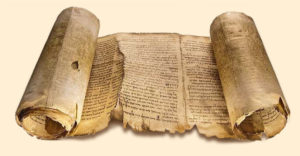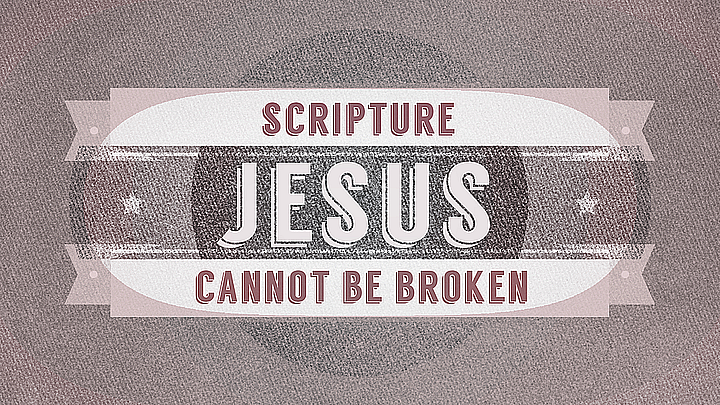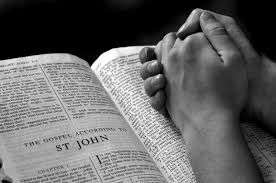I. Clarification of Terms E.J. Young provides a precise definition for each of the terms “inerrancy” and “infallibility” of the Bible: Infallible: “By the term infallible as applied to the Bible, we mean simply that the Scripture possesses an indefectible authority. As our Lord himself said “it cannot be broken” (John 10:35). It can never … Continue reading “Inerrancy of the Bible: Defined and Defended. Part 1”
I. Clarification of Terms
E.J. Young provides a precise definition for each of the terms “inerrancy” and “infallibility” of the Bible:
Infallible: “By the term infallible as applied to the Bible, we mean simply that the Scripture possesses an indefectible authority. As our Lord himself said “it cannot be broken” (John 10:35). It can never fail in its judgments and statements. All that it teaches is of unimpeachable, absolute authority, and cannot be contravened, contradicted, or gainsaid. Scripture is unfailing, incapable of proving false, erroneous, or mistaken.”
Inerrant: “By this word [Inerrant] we mean that the Scriptures possess the quality of freedom from error. They are exempt from the liability to mistake, incapable of error. In all their teachings they are in perfect accord with the truth.” [E.J. Young, Thy Word Is Truth (Eerdmans, 1957), p. 113]
For our purpose, we shall use Paul Feinberg’s celebrated definition of ‘inerrancy’: “Inerrancy means that when all facts are known, the Scriptures in their original autographs and properly interpreted will be shown to be wholly true in everything that they affirm, whether that has to do with doctrine or morality or with the social, physical, or life sciences.” Paul Feinberg, “The Meaning of Inerrancy” in Inerrancy, ed. Norman Geisler (Grand Rapids: Zondervan 1979), 294.
However, some Western theologians who no longer believe that the Bible is inerrant prefer to describe the Bible as “infallible”. In the process, they use the word “infallibility” as a short-hand for “limited inerrancy”, that is, the view that the Bible contains historical and scientific errors while remaining infallible in matters of faith and salvation. Unfortunately, this redefinition is a departure from classical theological discourse when the word ‘inerrancy’ meant the Bible does not err, and “infallibility” meant the Bible cannot err.
In contrast, Article XI of the Chicago Statement on Biblical Inerrancy (CSBI) emphasizes: “We affirm that Scripture, having been given by divine inspiration, is infallible, so that, far from misleading us, it is true and reliable in all the matters it addresses. We deny that it is possible for the Bible to be at the same time infallible and errant in its assertions. Infallibility and inerrancy may be distinguished, but not separated.” The two terms ‘infallible’ and ‘inerrant’ are, in context, inextricable. In short, inerrancy and infallibility affirm that the whole of Scripture is true and not only parts of it. Finally, the focus of inerrancy is not limited to issues of factual accuracy in Scripture. It is primarily concerned about the authority of Scripture. Thus, CSBI begins in Article 1, “We affirm that the Holy Scriptures are to be received as the authoritative Word of God.” Continue reading “Inerrancy of the Bible: Defined and Defended. Part 1”
 The Authorship of Isaiah: A Straight-Forward Biblical Defence
The Authorship of Isaiah: A Straight-Forward Biblical Defence
